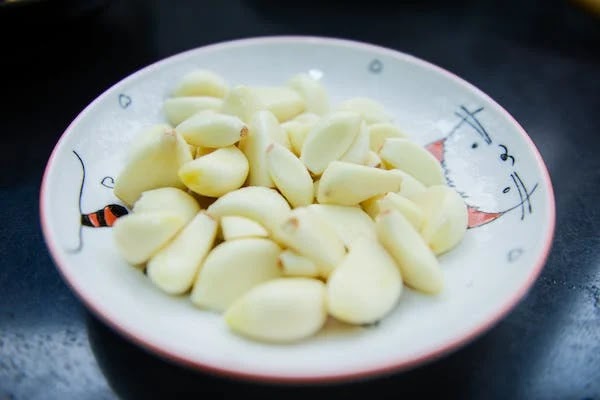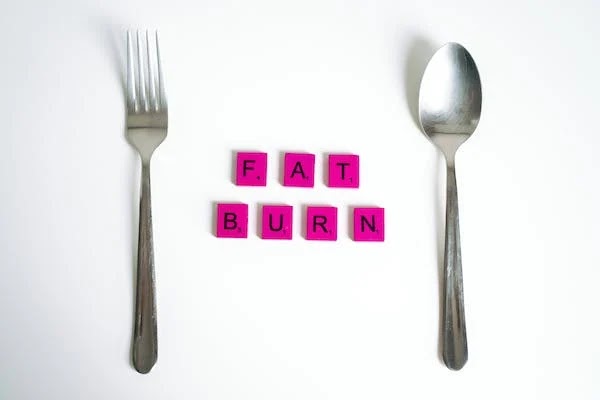 |
| Headache |
What is a Headache ? Why does the headache occur ? What to do if you have a headache ? | Health Tips
Headaches - why ? Different types and what to do ?
Today, the headache has become an integral part of all our lives. Almost everyone from nine to ninety is affected by it. It can be due to various reasons, including daily work stress, busyness, irregular sleep, environmental pollution, eating disorders, and physical illness. If this is the case, then nothing can be done correctly. However, repeated medication is not an adequate solution.
What is a headache ?
There are about 150 types of headaches mentioned in medicine. Every headache has a specific cause. But it should never be ignored, as it can be an early sign of a bigger problem. According to experts, headache is not a disease but a symptom.
Basically, headache refers to inflammation of the blood vessels, nerves and their coverings around the brain and bones of the head, the muscles under the skin of the head, eyes, sinuses, ears and the neck muscles.
Why does the headache occur ?
The two most typical types of headaches are tension and migraine. Seventy percent of headaches, according to data, are tension-type headaches. On the other side, 11 percent of the time it is brought on by migraines.
Headaches mainly fall into two categories. One of them is the primary headache and the other is called the secondary headache. Both are discussed below:
Primary headache:
Among the main causes of primary headaches are migraines, anxiety headaches and cluster headaches. Headache is the main problem of primary headache. In other cases, headaches may manifest as symptoms of other illnesses or physical and mental conditions.
Secondary headache:
Secondary headaches are caused by another physical or mental condition. Sinusitis, mastoiditis, stroke, pain from head trauma, brain tumor are considered as its causes. Differentiating a secondary headache from a primary headache requires attention to the characteristics of the headache, other symptoms, and the physical examination.
Causes of headache include chronic daily headache, sinusitis, migraine, cluster headache, anxiety headache, psychogenic pain, sexual headache, hormonal headache. Each of these has different causes, symptoms, and remedies. Below are the highlights of each of them:
Chronic Daily Headache:
A chronic daily headache is defined as a headache that occurs every 15 days or more for a month or a mild throbbing headache that lasts up to 3 months. It is often caused by irregular sleep and excessive anxiety. To avoid this, one must be free from worry and sleep on time.
Sinus:
The sinus refers to the small spaces between the bones on either side of the nose and forehead. When these linings become inflamed, wind and cold build up, causing severe sinus pain. If it is more painful, a specialist should be consulted.
Cluster headache:
Cluster headaches usually occur around the eyes. The pain starts from either side of the head and moves behind the eyes. It can last from 5-10 minutes to 3 hours.
The eyes of the affected person become red, watery eyes, swelling around the eyes, the nose may be blocked, the vision of the eye is also slightly affected. These headaches are aggravated by loud lights, smells, and sounds. It occurs at a certain time of day and night and lasts for a certain period of time.
Sexual headache:
Men and women who experience headaches before or during sexual intercourse are called sexual headaches. Usually, blood pressure rises during intercourse and this type of pain is triggered. This type of pain is not very intense and heals quickly in a few moments.
Hormonal headache:
Hormonal headache is a headache caused by a hormonal imbalance. This problem is more common in women. This pain is caused by hormonal changes during or before and after menstruation in women. Also, this type of pain can also occur during pregnancy due to hormonal changes.
More Read : Why does Heart failure occur ? What are the symptoms and treatment of Heart failure ? | Health Tips
Psychogenic pain:
The word psychogenic comes from the word psychological. Sometimes headaches start for no apparent reason. It can even start from depression. Psychologists can be consulted if problems persist.
Migraine problems:
Migraines are thought to be the cause of 11% of headache problems. The effects are more severe for girls. This soreness begins on one side of the head. This causes intermittent headaches to start happening. The duration of a migraine might range from a few hours to many days. Families of certain people are also impacted by this problem.
Anxiety headache:
It is among the most typical headache triggers. In actuality, it causes 70% of headaches. Such pain can be brought on by various factors, including work-related stress, lack of sleep, protracted thought, and even shifting one's head position while they are asleep.
The effects of weariness, fatigue, and disturbed sleep may make this discomfort worse. Even though this discomfort is less severe in the morning, it gets worse over the day. This form of pain is constant and spreads throughout the brain. It is not extremely acute.
Different types of headache:
Headaches are very annoying for all of us. As the saying goes, if you have a head, you will have a headache. There are different types of headaches depending on the source. A detailed explanation of this in below:
Head and neck pain:
Excruciating pain in the head and neck can be caused by any number of reasons. This problem is more common among people who have to work sitting in one place most of the time. The greater occipital nerve and the lesser occipital nerve emerge from two vertebrae called C-2 and C-3 in the back of the neck. When these nerves get damaged due to various reasons, excruciating aches and pains begin.
Fever headache:
Many people also have a headache due to fever. One of the symptoms of seasonal fever is severe headache. This type of fever can usually last 7 to 14 days.
Headache on the left side:
Most of the time, migraine pain is felt on the left side of the head. Again, it may be due to a tension-type headache. If the pain is felt before it occurs, if the pain is excruciating to light and sound, or if there is nausea, it is more likely to be due to a migraine.
On the other hand, if one side of the head, including the neck, is held under pressure and the pain increases during stress, it is more likely a tension-type headache.
Pain on the right side of the head:
Many people experience pain only on the right side of the head. Most of the time it is caused by neurological problems. These include occipital neuralgia, temporal arteritis, and trigeminal neuralgia.
Also allergies, fatigue, head injuries, sinus infection, fluctuations in blood sugar levels, muscle tension or knots in the neck, tumors can also cause pain in the side. right of the head
Headache during pregnancy:
This is a normal occurrence. A woman's hormone levels can fluctuate during pregnancy. This causes headaches.
Headache and vomiting:
Nausea with a headache can be a sign and symptom of various diseases. The list is long, but migraines can cause more. Acoustic neuroma, alcohol withdrawal syndrome, anthrax poisoning, skull fracture, diabetes, Ebola, endometriosis, yellow fever, hepatitis A, brain hemorrhage, etc.
Also meningitis, trauma, gliomas, high blood pressure, flu, carbon monoxide poisoning, liver problems, lung disease, stomach virus, malaria, food allergies, food poisoning, kidney problems, polio, Sars, strep throat, stress and anxiety, This problem can also be caused by the early stage of pregnancy, tonsillitis (tonsillitis) etc.
More Read : What is Clove Tea ? What are the benefits and side effects of Clove Tea ? | Nutrition
Cold headache:
Many people have headaches when they catch a cold. Many people have sinus problems with these symptoms. Sometimes sinus problems are found by looking for the cause of a prolonged fever or headache.
What to do if you have a headache ?
The best thing to do to avoid headaches is to seek the advice of a specialist doctor. However, it is possible to get rid of the side effects using home remedies. Below are some home remedies to focus on:
- Ginger or ginger tea is effective in relieving headache. Ginger contains the pain-relieving substance prostaglandin synthesis, which is also used in aspirin. When the headache starts, you can start chewing with some ginger. You can try ginger tea after some time to get more benefits.
- Fill an ice pack and hold it over your head for a while. There are various types of ice packs available on the market today. But those who have cold problems should not use it.
- Can be massaged around the head and neck. Also, applying a warm compress can reduce the pain somewhat.
- Eating sweet roasted pumpkin seeds can relieve headaches. The magnesium sulfate present in it acts as an analgesic.
According to data from the Journal of Pain, listening to music helps reduce pain in around 17% of cases. So it can be said that in addition to improving the mind, listening to music can also relieve headaches.
Headache medicine:
On the guidance of a doctor, medications should be given to treat headaches. However, drugs like paracetamol can be administered in cases of extreme need. Aspirin-like medications can also be helpful. Do not, however, self-medicate. Medical advice should always be sought before taking medication.
Final words:
A headache is really uncomfortable. The diseases that cause headaches come in a wide variety. However, it should never be disregarded and should always be treated carefully.
https://news.google.com/publications/CAAqBwgKMP2KwQswj6bYAw?hl=en-US&gl=US&ceid=US:en

.jpg)



.webp)
